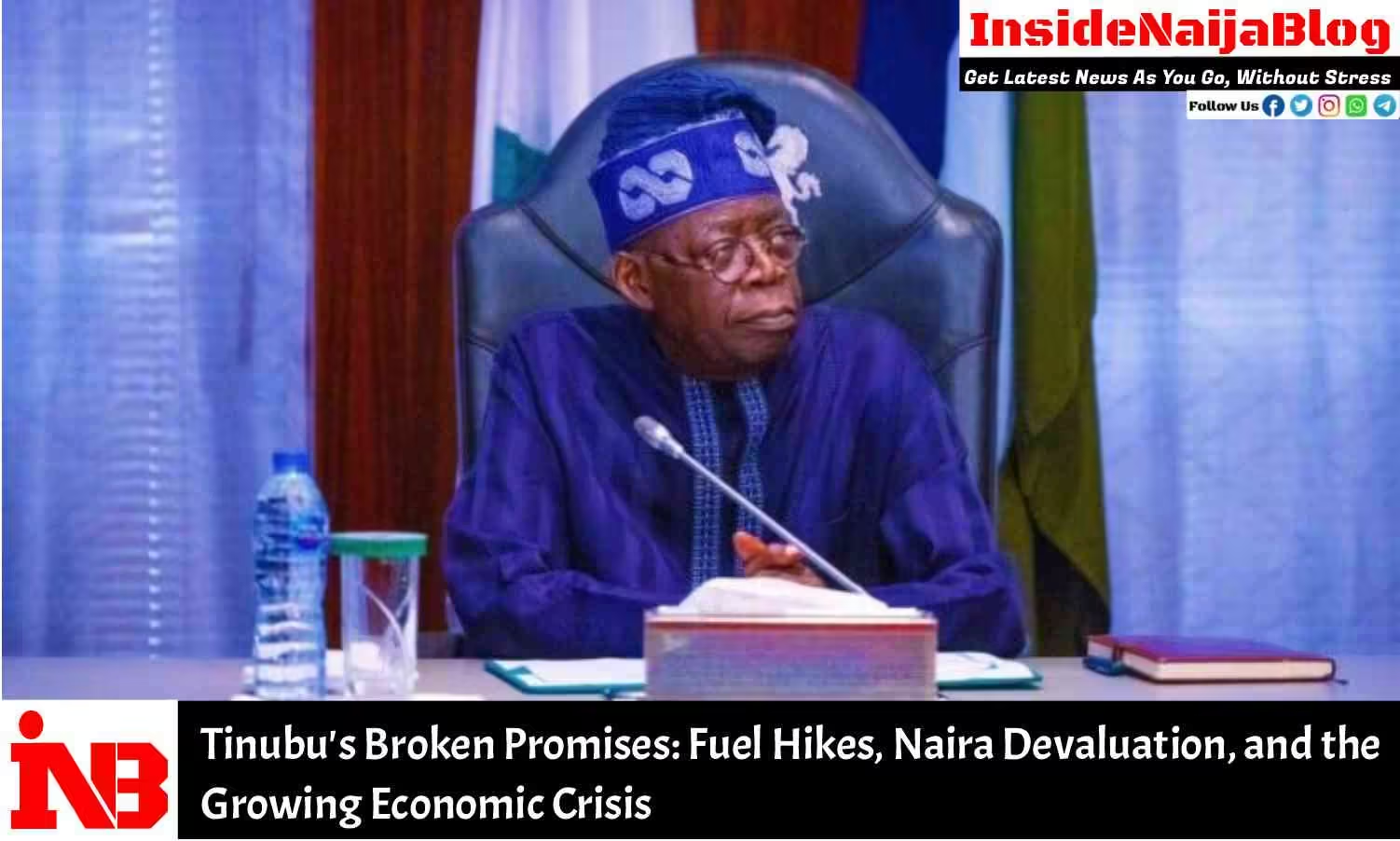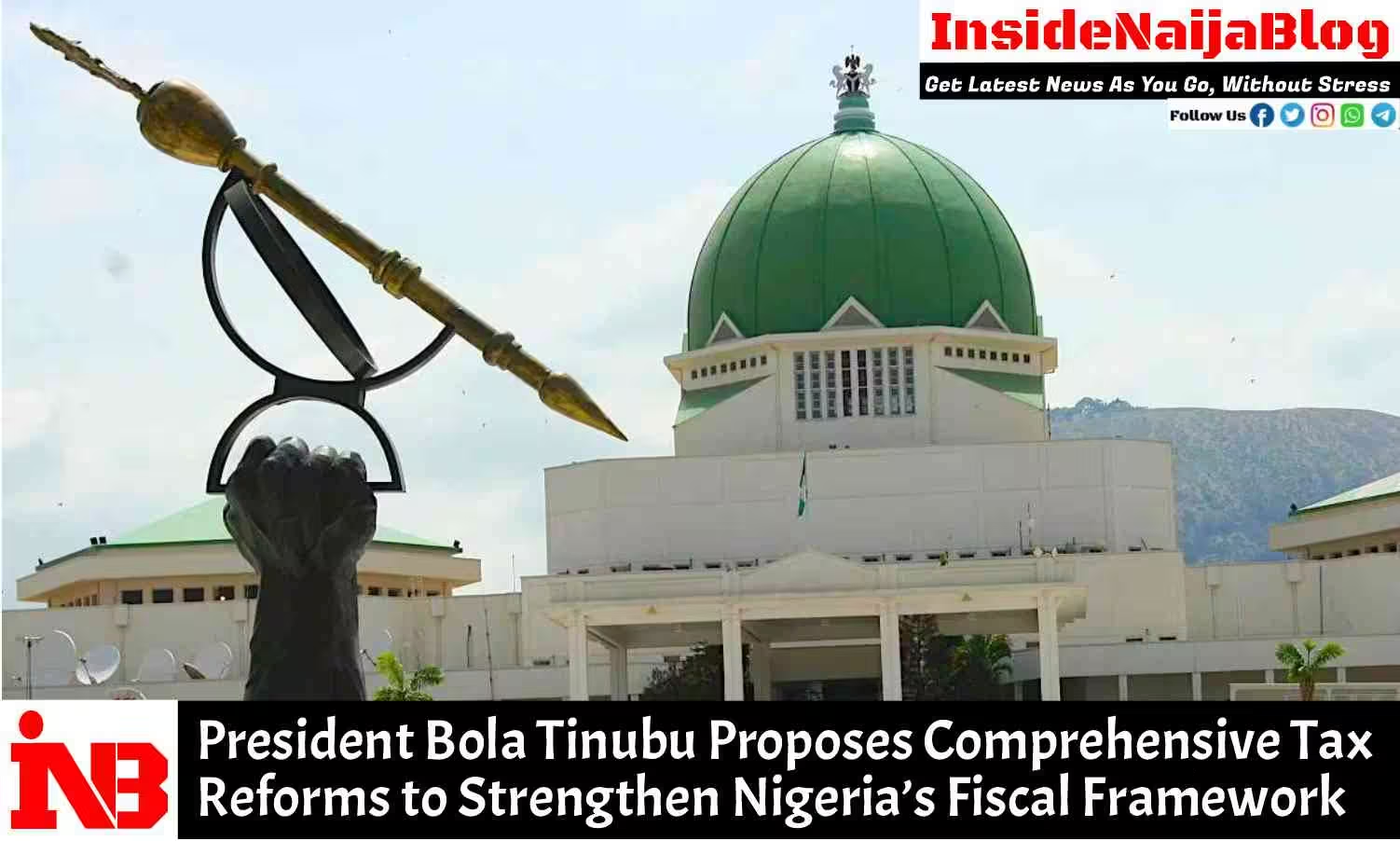When President Bola Tinubu assumed office on May 29, 2023, Nigerians hoped for a fresh start. One of his campaign promises was to reduce the price of petrol, offering relief to millions who had been burdened by the high cost of living. However, instead of fulfilling this promise, the President’s decisions have led to an unprecedented increase in fuel prices and worsening economic conditions for the Nigerian populace. The story of the rise in petrol prices under Tinubu’s administration is one of broken promises, economic mismanagement, and mounting frustration.
The Subsidy Removal: The First Step into Crisis
Upon his inauguration, Tinubu wasted no time in announcing the removal of the long-standing petrol subsidy. His exact words, “The fuel subsidy is gone,” signaled the beginning of a series of economic shocks. While many experts and politicians had long advocated for subsidy removal to stabilize the economy, the abruptness of the decision sent shockwaves throughout the nation. Almost immediately, fuel prices surged to over N500 per litre, a drastic jump from the previous N175. This price hike hit Nigerians hard, especially as the country was already grappling with high inflation and poverty.
Nigerians, who had expected better under the new administration, were initially hopeful. Tinubu assured them that the pain of subsidy removal would lead to eventual gains. His promise of “gain after pain” was intended to provide solace, but for most citizens, the reality has been nothing short of painful with no visible gain in sight.
Tinubu’s Campaign Promise: A Hope Betrayed
Tinubu’s decision to remove the fuel subsidy stood in stark contrast to a promise he made during his campaign trail in Abeokuta. In a bid to win support, he had pledged to bring down the price of petrol, accusing the outgoing administration of artificially inflating prices. Speaking in Yoruba, he confidently reassured the crowd, “Won ni epo ma won, o ma di N200, o ma di N500. E lo fokanbale, a maa gbe wale” (“They said there would be a fuel price hike; that it will rise to N200, to N500. Put your mind at rest; we will bring it down”).
The crowd cheered, believing they had found a leader who would rescue them from economic hardship. But the reality post-inauguration was vastly different. Instead of reducing prices, petrol now costs N1,030 per litre—a staggering 488% increase in less than 16 months.
The Ripple Effect: Fuel Hikes and Naira Devaluation
For Nigerians, petrol is more than just a commodity; it is the lifeblood of the economy. Both the rich and poor rely on petrol, not just for transportation, but to power generators in a country where electricity is notoriously unreliable. With over 85 million Nigerians lacking access to a stable power grid, the cost of fuel has a direct impact on their quality of life.
The soaring fuel prices have also led to widespread increases in the cost of transportation. This has triggered a domino effect, with the prices of goods and services skyrocketing. For the average Nigerian, the daily struggle to afford basic necessities has become even more daunting. What was once a manageable expense has now become a significant financial burden, and many Nigerians are finding it increasingly difficult to make ends meet.
But the fuel price increase wasn’t the only shock. Just two weeks into his presidency, Tinubu also decided to float the naira, allowing the currency to be determined by market forces. The decision, which came in June 2023, saw the naira’s value plummet from N400 to the dollar to over N700 within days. By October 2024, the naira had further depreciated, trading at over N1,600 to the dollar. This devaluation directly impacted the price of petrol, as Nigeria relies heavily on imported refined petroleum products, which are priced in dollars.
The Return of Hidden Subsidies
Despite the President’s adamant stance on subsidy removal, the Nigerian National Petroleum Company Limited (NNPCL) quietly reintroduced a form of subsidy, albeit unofficially. Although the landing cost of petrol was around N1,200 per litre, NNPCL continued to sell it at around N600 per litre for nearly a year. The gap between the landing cost and the selling price was essentially a hidden subsidy, which the government promised to cover. NNPCL initially denied paying subsidies but later admitted that it had been selling petrol below the actual cost price, relying on the government to cover the shortfall.
The financial strain caused by these under-recoveries eventually became unsustainable. By September 2024, NNPCL openly acknowledged its significant debt to international petrol suppliers, a situation that threatened the continuity of fuel supply across the country. The company raised the pump price of petrol to N855 per litre and, shortly after, to N1,030 per litre. These price hikes further deepened the economic hardship faced by Nigerians.
Dangote Refinery and the Hope for Relief
Amidst the turmoil, there were glimmers of hope with the launch of the Dangote refinery in 2024. Nigerians had high expectations that the refinery would reduce the nation’s dependence on imported fuel and ultimately bring down prices. NNPCL, which began lifting petrol from the refinery in September, hinted at price reductions. However, this optimism quickly faded as NNPCL raised prices once again, citing higher production costs.
As of October 2024, there is still uncertainty surrounding the role of the Dangote refinery in Nigeria’s energy market. Reports suggest that NNPCL may quit as the sole off-taker of Dangote petrol, allowing independent marketers to buy directly from the refinery. Yet, there has been little transparency from both parties, leaving Nigerians in the dark about future fuel prices.
Public Outcry: Protests and Labor Union Demands
Since Tinubu took office, public discontent has been on the rise. Labor unions, youths, and civil society organizations have repeatedly staged protests against the government’s economic policies. In August and October 2024, Nigerian youths took to the streets, demanding an end to bad governance and calling for the reinstatement of fuel subsidies.
The Nigeria Labour Congress (NLC) has been particularly vocal in its opposition to the government’s handling of fuel prices. In a statement following the latest price hike, NLC President Joe Ajaero condemned NNPCL’s pricing decisions, calling them an “aberration” and accusing the government of failing to provide a clear plan for economic recovery. The NLC has urged the government to reverse the price hike, arguing that it will only deepen poverty and exacerbate job losses.
The Way Forward: Seeking Solutions to the Crisis
Many experts believe that Tinubu’s administration made a critical error by simultaneously removing fuel subsidies and floating the naira. This double blow to the economy has had devastating consequences for the average Nigerian. Critics argue that the government should have staggered these reforms, allowing time for the economy to adjust.
To address the crisis, experts are calling for a more strategic approach to fuel pricing. Some have suggested that the government sell crude to local refineries at a fixed rate, ensuring that the cost of production remains affordable. Others advocate for investment in alternative energy sources, such as solar power, to reduce the country’s reliance on petrol.
Regardless of the solution, one thing is clear: the current trajectory is unsustainable. Tinubu’s broken promise to reduce fuel prices has eroded public trust, and the government must act swiftly to restore confidence. Nigerians are demanding accountability and action, and the longer the government delays, the deeper the economic crisis will become.
Conclusion: A Nation in Crisis, A President on the Brink
In just 16 months, Tinubu’s administration has overseen a 488% increase in petrol prices, a massive devaluation of the naira, and a wave of public protests. For many Nigerians, the hope they once placed in their new President has turned into disappointment and frustration. As the economic situation worsens, the need for decisive and inclusive policy solutions has never been greater. The country stands at a crossroads, and how the government responds in the coming months will determine the future of millions.


